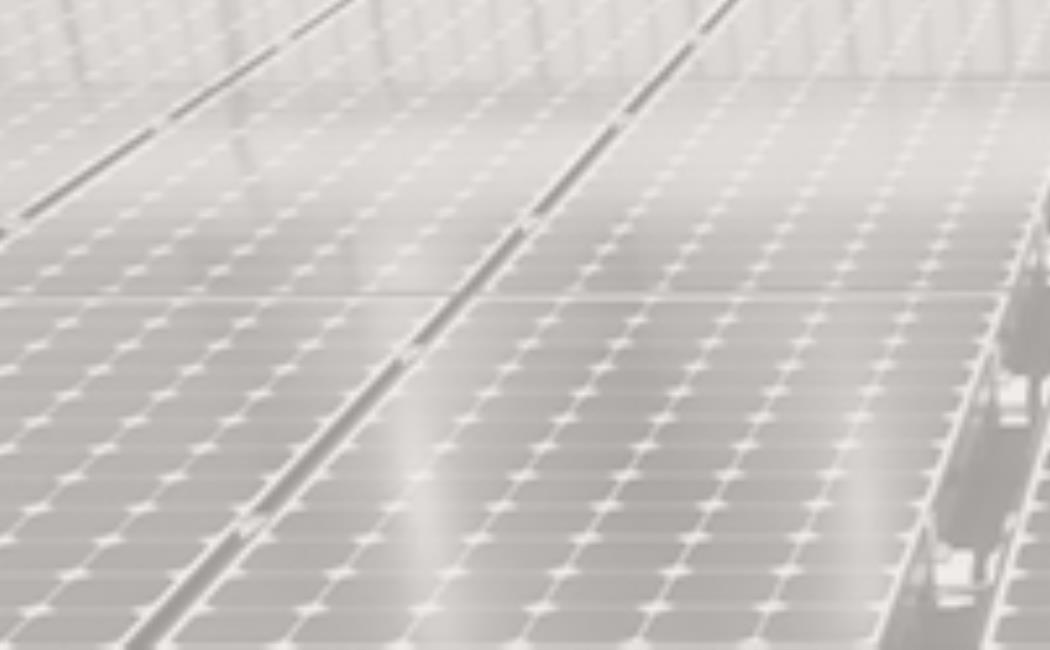

KSC SEMINARS

Research Scientist
Electronic Materials and Devices Laboratory
at the Palo Alto Research Center (PARC; Palo Alto, CA)
Date & Time: Monday, December 12, 2016 at 14:00-15:00
Venue: Building 5, Level 5, Seminar Room 5220
Light refreshment will be provided
ABSTRACT: Bioelectronic sensing and stimulation calls for the seamless bridging of biological systems (rich in ionic and biomolecular signaling) with the realm of microelectronics in order to monitor health, diagnose or treat disease. Conjugated polymers offer unique characteristics which can meet these needs: mixed ionic/electronic transport can allow for efficient signal transduction, and softer mechanical properties and synthetic functionalization can impart biocompatibility and reduced inflammatory response. Organic electrochemical transistors (OECTs) are one class of devices that utilize organic mixed conductors as the transistor channel, and have shown considerable promise as amplifying transducers due to their stability in aqueous conditions and high transconductance. These devices can be fabricated in flexible, conformable form factors for electrophysiological and biomolecular sensing applications. The majority of high performance bioelectronic devices are based on conducting polymers such as poly(3,4-ethylenedioxythiophene):poly(styrenesulfonate), PEDOT:PSS. Combining structure-transport studies on such prototypical materials with device characterization, we are able to construct design rules for new materials. Film microstructure and morphology critically affect both electronic transport and the capacity for charge storage/ion penetration (and thus OECT performance), and can be tailored through processing, formulation or molecular design. By controlling materials properties, we are able to enhance device characteristics, design application-specific devices, and open new modes of operation for low power in vitro and in vivo organic bioelectronic tools.
BIOGRAPHY: Jonathan Rivnay received his B.Sc. from Cornell University in 2006 and his Ph.D. from Stanford University in 2012 in Materials Science and Engineering. His doctoral research at Stanford focused on structure/property relations and the role of defects and disorder on charge transport in organic semiconductors. Jonathan then moved to the Department of Bioelectronics at the Centre Microélectronique de Provence (Gardanne, France), as a Marie Curie fellow, where he studied and developed polymeric electrochemical devices for clinical and diagnostic applications, with a focus on devices for neural interfacing. In 2015, Jonathan joined the Electronic Materials and Devices Laboratory at the Palo Alto Research Center (PARC; Palo Alto, CA). Starting in February 2017, he will join the faculty of the Dept. of Biomedical Engineering at Northwestern University. His interests include sensor materials and hybrid systems for health monitoring and bio-interfacing.